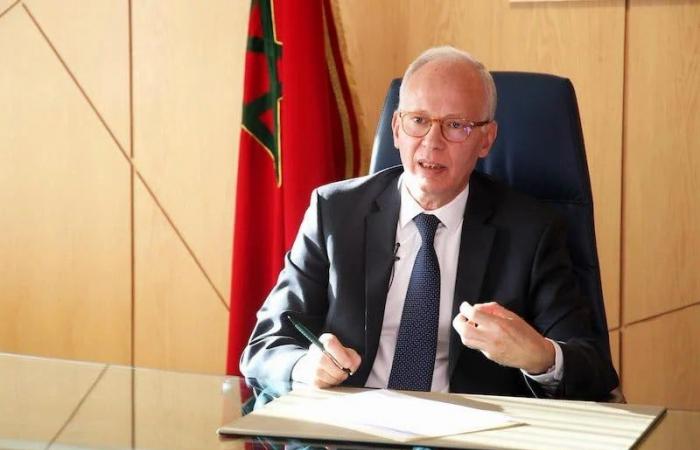
The budget of the National Authority for Probity, Prevention and the Fight against Corruption (INPPLC) will see a significant reduction of 22.3% for the year 2025. A decision which seems to be part of a logic of revenge led by Aziz Akhannouch, who would have reacted badly to the diagnosis recently issued by the body, particularly with regard to the effectiveness of its anti-corruption strategies.
The government has significantly reduced the funds allocated to the National Authority for Probity, Prevention and the Fight against Corruption, reducing its annual budget by around 60 million dirhams. In 2025, the body’s overall allocation was set at 210,178,000 dirhams, compared to 269,386,000 dirhams in 2024, as specified by its president, Mohamed Bachir Rachdi, on Friday November 8.
During the presentation of the body’s budget for the year 2025, Mr. Rachdi stressed that the distribution of credits was part of the multi-annual budget programming (2025-2027), specifying that the expenditure was distributed between operating costs, which amount to 114,000,000 dirhams for employee salaries and miscellaneous expenses, estimated at 46,350,000 dirhams. As for the investment budget, it reached 28,828,000 dirhams in payment credits and 21,000,000 dirhams in commitment credits.
During this same session, the president of the body once again drew attention to the substantial shortcomings of the national anti-corruption strategy, adopted in 2015, and which is based on ten programs. According to him, this strategy suffers from shortcomings“harmony”, d’“alignment” of its components and ineffective implementation, which led the body to request an in-depth overhaul in 2019, although the strategy was developed on a foundation deemed to be solid.
The difficulties encountered, according to Mr. Rachdi, “manifested by an absence of coordination [avec le gouvernement] which has led to a dominant sectoral approach rendering many projects disconnected from central objectives.” Consequently, the expected results of this strategy “remain below expectations, with little effect on citizens and economic actors.” Mr. Rachidi also stressed that “the ineffectiveness of the strategy came, among other things, from the absence of coordination mechanisms and deficient governance.”
He recalled that the fight against corruption “is crucial to limit socio-economic inequalities and curb the waste of resources”, emphasizing that “the annual cost of its abuses would be estimated at 50 billion dirhams with a direct impact of 2% on GDP due to the drop in productivity.” According to him, corruption “irrigates the informal economy, reinforces inequalities and deters investment, in particular by increasing investment costs by 20% in a context of growing corruption.”
This budget reduction is considered by observers to be “a form of revenge” of Aziz Akhannouch towards the body, wondering if the logic of budgetary constraints and reassessment of government priorities can affect an area as sensitive as that of the fight against corruption.





